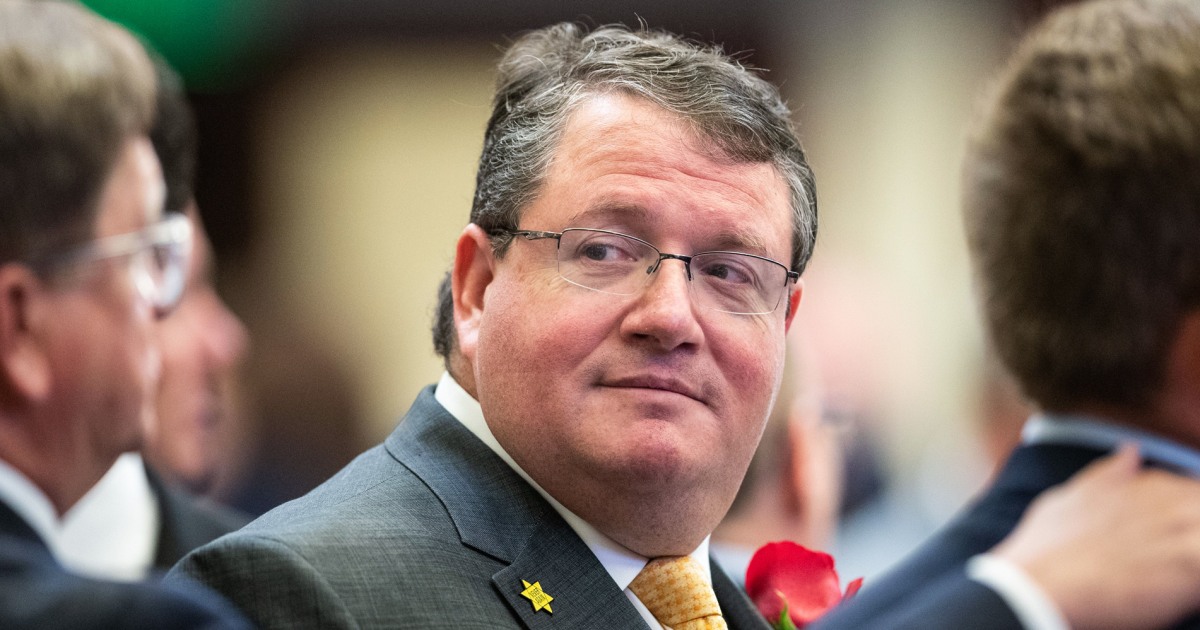New Delhi, Mar 26 (PTI) Exempting India from the imposition of reciprocal tariffs by the US would help facilitate seamless bilateral trade between the two countries, say exporters.
Any tariffs on Indian products would hurt shipments to Washington, they said.
According to reports, US President Donald Trump has said that automobile tariffs will be coming soon even as he indicated that some countries may get an exemption from reciprocal tariffs to be imposed on April 2.
Federation of Indian Export Organisations (FIEO) said that India certainly deserves an exemption or waiver from reciprocal tariffs as it is constructively engaged with America at different levels and also for a Bilateral Trade Agreement.
“The Mission 500 to take bilateral trade from the current level of about USD 200 billion to USD 500 billion requires a greater push for seamless trade, which the exemption will further facilitate,” FIEO Director General Ajay Sahai said.
Another exporter said that the exemption to India would remove tariff uncertainties and will help further increase exports to the US.
The US has already imposed high tariffs on China.
However, think tank GTRI said that it is highly unlikely that India will receive an exemption from Trump-era tariffs, especially given Trump’s consistent portrayal of India as a “high-tariff” country.
“Any exemption would come at a steep cost. Trump would demand far-reaching concessions from India in sectors far beyond trade. This could include allowing Starlink operations, easing Tesla’s market entry, watering down the civil nuclear liability law, scrapping the equalization levy on US tech giants, and more,” Global Trade Research Initiative (GTRI) Founder Ajay Srivastava said.
India has already announced the scrapping of the equalization levy on tech giants like Google.
He suggested that India must stand firm and avoid compromising on matters of strategic and national importance.
“If Trump imposes tariffs, so be it. India is not alone. The whole world is watching India. Trump tariffs, driven more by whims than principles, are unsustainable and will eventually collapse under their own contradictions,” Srivastava said.
Senior officials of India and the US started on Wednesday talks on the proposed bilateral trade agreement.
To formally start the negotiations on the pact, Assistant US Trade Representative for South and Central Asia Brendan Lynch, along with a team of officials, is here. He is holding discussions with Additional Secretary in the Department of Commerce Rajesh Agrawal.
India and the US are targeting to conclude the first phase or tranche of the agreement by the fall of 2025 (September-October).
While the US has demanded greater market access in sectors like certain industrial goods, auto, wines, petrochemical products and some agriculture items, India may look at duty cuts for labour intensive sectors like textiles.
President Donald Trump’s plan to impose reciprocal tariffs on countries, including India, from April 2. He has on multiple forums stated that India imposes high tariffs on US goods.
Tariffs are import duties imposed and collected by the government and paid by the companies to bring foreign goods into a country.
In 2024, India’s main exports to the US included drug formulations, biological (USD 8.1 billion), telecom instruments (USD 6.5 billion), precious and semi-precious stones (USD 5.3 billion), petroleum products (USD 4.1 billion), gold and other precious metal jewellery (USD 3.2 billion), ready-made garments of cotton including accessories (USD 2.8 billion), and products of iron and steel (USD 2.7 billion).
Imports included crude oil (USD 4.5 billion), petroleum products (USD 3.6 billion), coal, coke (USD 3.4 billion), cut and polished diamonds (USD 2.6 billion), electric machinery (USD 1.4 billion), aircraft, space crafts and parts (USD 1.3 billion), and gold (USD 1.3 billion).
Catch all the Business News , Breaking News Events and Latest News Updates on Live Mint. Download The Mint News App to get Daily Market Updates.
MoreLess








